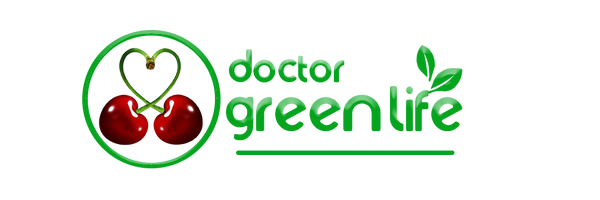Table of Contents
In today’s fast-paced urban life, when we think about health, our minds often jump to diet, exercise, or sleep. But there’s one vital organ that’s constantly exposed to harm and yet often overlooked: the skin. Our skin is the first line of defense against the outside world—facing pollutants, dust, sunlight, chemicals, and even daily stress.
When the Air Is Dirty, Your Skin Suffers Too
It might sound surprising, but your skin can essentially “breathe in” pollution. Fine particles in polluted air—especially PM2.5—can easily penetrate your pores. Research has shown that these particles trigger free radicals that damage skin cells and accelerate aging.
Common signs of pollution exposure include:
- Dull, uneven skin tone
- Dark spots and hyperpigmentation
- Dryness and irritation
- Breakouts and inflammation

In addition to particulate matter, volatile organic compounds (like benzene and toluene) can weaken the skin barrier, leading to dehydration and conditions like eczema.
Stress: The Invisible Enemy of Healthy Skin
Chronic stress is another major culprit behind poor skin health. When we’re under pressure, the body releases cortisol and other stress hormones that disrupt the skin’s moisture and oil balance. This imbalance can trigger acne, itching, and inflammation.
Multiple studies have shown that psychological stress not only weakens the skin barrier but can also slow down the healing process.
Typical signs of stress-affected skin include:
- Dark circles and tired-looking eyes
- Stress breakouts (especially around the jawline and chin)
- Dryness, flaking
- Heightened sensitivity to skincare products

Healthy Skin Begins with a Healthy Routine
While we can’t completely eliminate pollution or stress from our lives, we can build stronger skin defenses. The key lies in adopting a natural, consistent skincare routine focused on restoration, detoxification, and calming.
Simple but effective steps include:
- Using sulfate-free plant-based cleansers
- Getting at least 7 hours of sleep
- Eating antioxidant-rich foods or using antioxidant serums
- Exercising regularly to boost circulation
- Drinking plenty of water
Natural Recovery with the Simplest Tools
One often-overlooked method for protecting your skin from pollution and stress is regular mechanical exfoliation—not with harsh chemical peels, but with gentle, non-irritating natural fibers.
In skincare, exfoliation typically falls into two main categories:
-
Chemical Exfoliation
Uses acids (like AHA or BHA) or enzymes to dissolve dead skin cells. This method can sometimes cause dryness or irritation, especially for sensitive skin. -
Mechanical Exfoliation
Uses physical tools like scrubs, brushes, or natural cloths (like loofahs or washcloths) to gently remove dead skin through friction.
Massaging your skin with natural fibers—like cotton or wool loofahs—stimulates blood flow, clears surface toxins, and helps remove dead skin cells. This gentle process also helps discharge static electricity that builds up from synthetic environments. Unlike many chemical scrubs, this traditional approach doesn’t damage deeper skin layers.
Regular exfoliation is also essential in preventing clogged pores, a major cause of breakouts and acne. For oily skin types especially, removing dead skin cells helps prevent excess sebum from trapping dirt and bacteria. This not only clears pores but also improves airflow at the skin’s surface, making acne management easier and more effective.
Additionally, exfoliation can reduce early signs of aging such as dullness, rough texture, and fine lines. By removing dead cells, the skin is encouraged to regenerate, and collagen production is naturally stimulated—supporting elasticity and a smoother appearance over time.
Final Thoughts: A Gentle Path Back to Balance
Modern life puts our skin through a lot. But the answer doesn’t always lie in luxury serums or complex formulations. Sometimes, the most powerful solution is to return to the basics.
If you’re looking for a simple, affordable, and effective way to strengthen your skin against stress and pollution, it might be time to rethink your bathing routine. A natural loofah—made from cotton or wool—could be exactly what your skin has been quietly asking for.

External Sources
- Air Pollution and Skin Aging
- Role of stress in skin diseases: A neuroendocrine-immune interaction view
- Exfoliation Explained: Techniques, Benefits, and Risks You Should Know
- MECHANISMS OF EXFOLIATION
If you found this article helpful, we’d love to hear your thoughts—feel free to leave a quick review below and help others discover natural ways to care for their skin.




